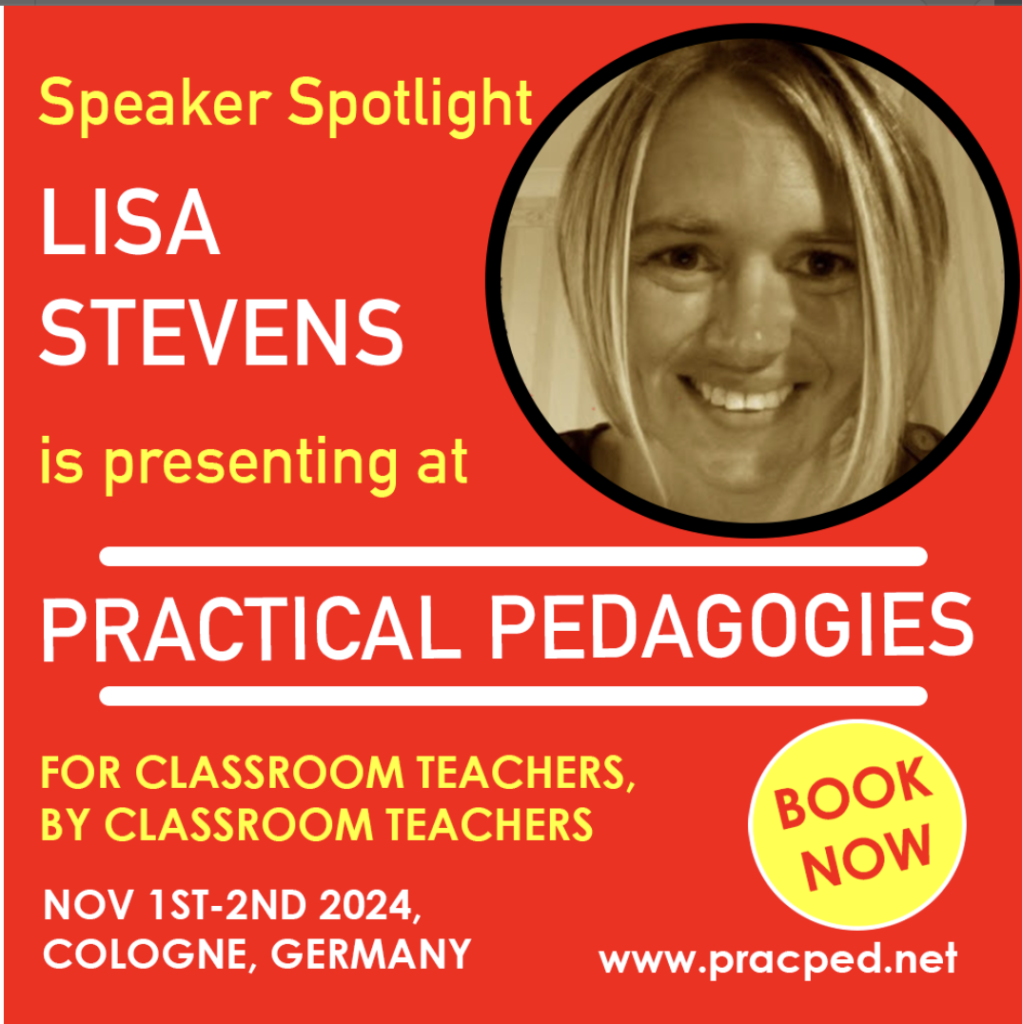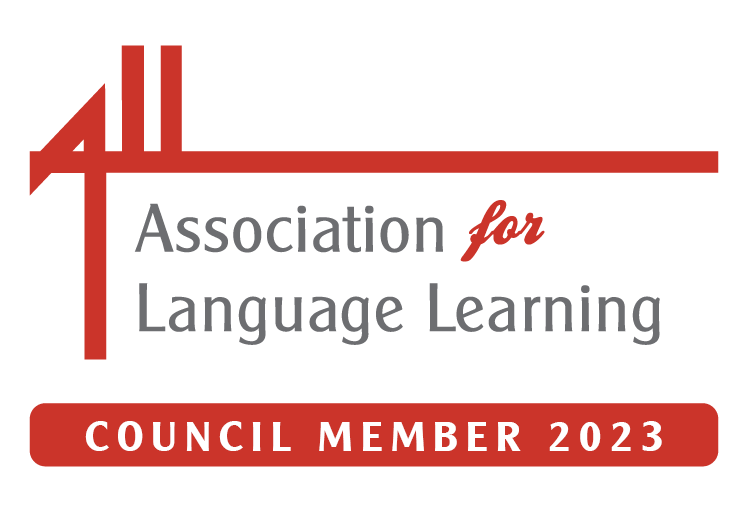#LanguageWorld2011 – OFSTED. Modern Languages – Achievement and challenge
*Part of a series of posts trying to summarise some of the sessions at Language World this year*
A review of inspection findings, and recommendations to improve provision in modern languages
Anne Looney HMI (Subject survey advisor for OFSTED)
The role of the subject survey advisors is management leadership and organisation of subject survey service.
Subject surveys are carried out in 30 primary and 30 secondary a year. They last 1 day for primary or 2 days for secondary and carried out by specialist inspectors supported by additional inspectors. The letters (reports) are published on OFSTED website and the primary letters do not have gradings on them. There is a 3 year cycle of reports and this report pulls together evidence from 2007-2010, with some reference to emerging evidence.
There are grade descriptors on OFSTED website for each of the common features –
- achievement
- teaching
- curriculum
- leadership and management
and special issues (for 2007-2010)
- reading
- ICT
- take up KS4
- progress to entitlement at KS2
In Primary languages, there is generally a positive picture with language learning becoming an integrated and established part of the primary curriculum.
Achievement
- good – outstanding in just under 6/10 schools
- most progress in speaking and listening
- less systematic development of reading
- least developed skill is writing
- KAL and understanding of basic grammar developing well
- ICU developing well in most but not all (very creative ways seen of developing ICU, using ICT, native speakers, not just about language they’re learning in many – more than the language they’re studying)
- clear enjoyment
Teaching
- good/better in 2/3 of 235 lessons observed
- teacher subject knowledge and teaching methods mostly good; occasional shortcomings in pronunciation and intonation (these shortcomings are significant when in the key language of the lesson)
- class teachers well supported by native speakers, FLAs and other specialists
- assessments predominantly satisfactory (emerging evidence shows that often still the weakest area)
Curriculum
- good / better in more than 1/2
- combination of calssroom and external specialist generally supported provision well
- Fr most popular; Sp and ger in a smaller number also others
- by end of survey, large majority planned using KS2 Framework
- not all schemes wewre adapted sufficiently to match needs of mixed age, time constraints,
- planning for progression through KS2 remained a relative weakness (can be due to exploiting comptetence of staff etc)
Leadership
- good / better in more then 2/3
- strong commitnmtn from senior leaders
- generally clear rationale
- transition arrangements to secondary schools genrally underdeveloped
- weaknesses in montoring and evaluation of provisoon – senior leaders often didn’t feel competent to judge
- improvement in teacher training over period of survey (emerging evidence of more trainees with language skills)
Entitlement to learning
- progress towards entitlement improved during survey – good in 2/3 schools visited in the final year
- of 14 schools contacted during survey who were not then tehing MFL all but 2 were by the end
- rationale for deciding which language to teach increasingly sound with improving sustainable plans – clear that many are continuing with commitment to the benefits for the pupils.
From the secondary report-
“KS3 are increasingly looking at KS2 experience BUT insufficient acknowledgement of language work done in feeders”
“Strong leadership is typified by innovation, good use of local initatives and networks, and good liaison with primary and post 16 providers”
Challenges for primary
- development of pupils’ early skills in reading and writing
- clarification of progression through KS2
- teaching straegies for mixed age classes
OFSTED offered the following advice to DfE – “consider how best to support effective consolidation of Primary languages” and also advised groups of schools to support increased liaison to bring coherence and continuity of language learning at point of transfer.




